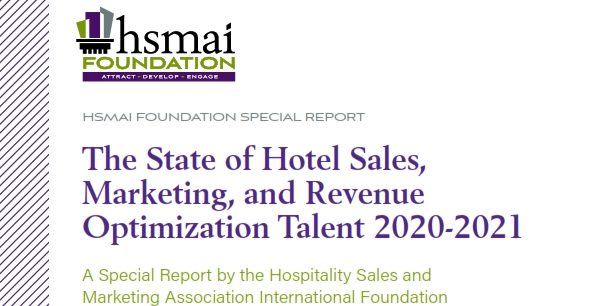Longwoods International’s tracking study reveals many reasons for optimism in that COVID-19 fears among travelers continue to recede, even as travel sentiment is being impacted by higher gas prices in ways that may alter traveler behavior. Add in the recent news regarding the lifting of most mask-wearing requirements in the U.S for travel, and a new wave of optimism is likely to be seen among travelers. Exclusive insights on the findings for HSMAI from Longwoods President & CEO Amir Eylon:


 According to a summer 2021 Hospitality Upgrade article written by Jennifer Hill and Cindy Estis Green, organizational structures are changing so the hotel’s revenue generation team is one unit, combining revenue and commercial analysis, sales deployment, and digital marketing spend. This has necessitated changing budgets and performance expectations. Smaller and more nimble teams were necessary to address the impacts of the pandemic. It will take time to determine whether this realignment continues. Commercial departments were slowly merging in most hotel organizations; the pandemic accelerated this.
According to a summer 2021 Hospitality Upgrade article written by Jennifer Hill and Cindy Estis Green, organizational structures are changing so the hotel’s revenue generation team is one unit, combining revenue and commercial analysis, sales deployment, and digital marketing spend. This has necessitated changing budgets and performance expectations. Smaller and more nimble teams were necessary to address the impacts of the pandemic. It will take time to determine whether this realignment continues. Commercial departments were slowly merging in most hotel organizations; the pandemic accelerated this.







